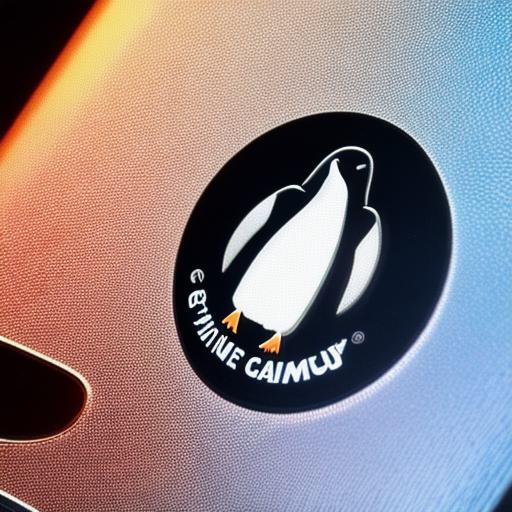Introduction
Unity, a versatile game engine, has gained immense popularity among game developers due to its flexibility and powerful features. However, many web developers who are accustomed to working on Linux operating systems might find it challenging to develop Unity games in their preferred environment. In this comprehensive guide, we will walk you through the process of setting up your Linux system for Unity game development, discussing the necessary tools, and providing practical examples.
Prerequisites
Before we dive into the details, let’s make sure you have the following prerequisites in place:
- A basic understanding of C programming language
- Familiarity with the Linux terminal (Command Line Interface)
- A stable internet connection for software downloads and updates
- Sufficient system resources (RAM, CPU, and graphics card)

Installing Wine
Wine is a compatibility layer that allows running Windows applications on various operating systems like Linux. Since Unity editor is primarily designed for Windows, we will use Wine to run it on our Linux system.

- Open your terminal and update your package index by typing:
sudo apt-get update - Install Wine with the following command:
sudo apt-get install wine32 wine64 - Verify the installation by running
wine --version. You should see a message displaying the installed version number.
Installing Unity Hub and Unity Editor
- Download Unity Hub (the installer) from the official website: https://unity3d.com/get-unity/download
- Run the installer with Wine using the command:
wine UnityHubSetup.exe - Follow the on-screen instructions to set up your Unity account and download your desired versions of Unity editors.
Tips for Optimizing Performance
- Allocate enough system resources to run Unity Editor smoothly. You can adjust settings in your Linux distribution’s control panel or terminal.
- Use a dedicated GPU instead of the integrated graphics card if possible, as it provides better performance and more features.
- Consider using a cloud-based solution like Amazon Web Services or Microsoft Azure for game development to improve rendering capabilities.
Conclusion
Developing Unity games on Linux might seem daunting initially, but with the right tools and knowledge, you can create engaging experiences for your audience. By following this comprehensive guide, you have learned how to set up Wine, install Unity Hub and Editor, and optimize performance. Happy coding!
If you face any issues during the installation process or have further questions, don’t hesitate to ask in the comments below.
